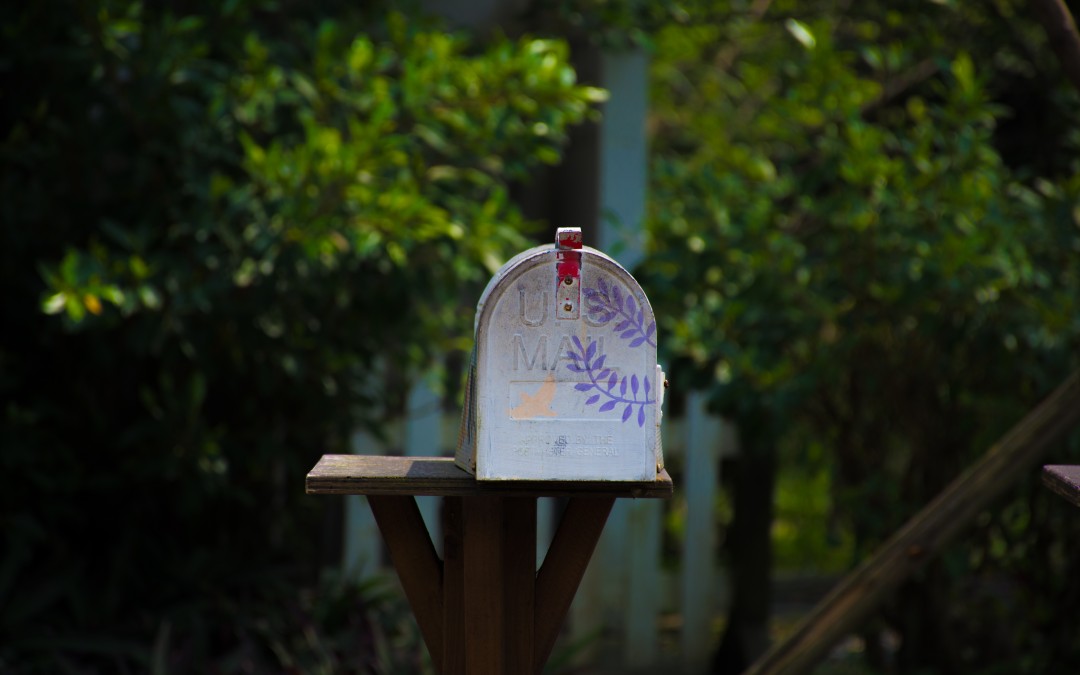Lately I have been immersed in the work of submitting a novel to potential agents. It is a long and tedious process but a process that is necessary if one wants to become traditionally published.
And because it has always been a dream of mine, I have spent the last three weeks sending out queries and writing summaries and putting together proposals.
A couple of days after I sent my first batch of queries, I got my first rejection. I saved it, and all the ones after, because by then they started coming fairly regularly, one or two a day. Some were personal “try me again sometime” notes, others were form letters, but they all said the same thing: “I’m just not the right person to represent this project.”
I could have let that rejection get to me. I did once.
Years ago, before I was even a mother, I finished my first novel. It was a book based on my mother’s story of betrayal and heartache and divorce, and how she climbed her way back out of the dark.
I sent it out to a whole long list of agents and never even got a personal letter back, just a stack of form-letter rejections I tucked away in a file somewhere. Because it was my story, too, I was incredibly close to its outcome—which means I also tucked away that rejection in my heart.
The rejection hurt. It hurt because it felt personal. So I closed up shop. For seven years.
It took me seven whole years to pick up my fiction pen again. I wish I hadn’t wasted so much time. I wish I had tried again. I wish I had shaken the dust off my sandals and kept writing anyway.
Sometimes we can become so attached to what we have written, because it holds a piece of us, that rejection of it can feel like rejection of us. So we feel tied to its outcome. What people say about it. Whether it’s accepted or lauded or ignored.
Does my writing cease to be art just because it does not reach the masses?
No.
No, no, no. A loud, resounding NO.
[Tweet “Writing isn’t art because it reaches the masses. It’s art because we created it.”]
Writers will always face rejection—because writing is subjective.
The books I like to read may not be the same books you like to read. The music I listen to may not even make it on your top 1 billion songs list. The essays I consider beautifully moving may not be the same ones you consider beautifully moving.
We see with different eyes, all of us.
[Tweet “We all see with different eyes. Rejection of our writing by one doesn’t mean rejection by all.”]
Just because a handful of agents don’t think they can “get behind” my project “passionately enough to give it proper representation” doesn’t mean my project isn’t good. I know it’s good. I know it could find an audience. I know it could hold its own in the literary world.
It’s just that these things—stories, essays, books—are so subjective.
But there is something I know surely today that I didn’t quite know all those years ago: I don’t write to get published or gain recognition or to be revered in the world of literature.
I write because it’s what I was made to do.
[Tweet “I don’t write to be revered. I write because I was made to write.”]
Even if I never, ever get a word of my stories published, even if no one ever sees the value between my lines, I will still create. And that means, this time around, rejection will not have the final word. It will not steal my fiction pen for another seven years.
I will write because I am a writer. I will write in spite of rejection. Because of rejection.
Because I can’t not write.
It’s what I was made to do. It’s how I breathe. It’s how I learn to live and move and be.
And because I know this, because you know this, rejection will not clamp its chains around us. It will not hold us down. It will not bind us to a weaker pen or crumpled up paper or a story we never finish.
It will propel us to create more and better and even lovelier than before.
3 Truths of Rejection
1. It’s not a commentary on our worth.
We can’t confuse what we do with who we are. If we do, we’ll be crushed by rejection. Just because we receive a rejection doesn’t mean we are not good at what we do. It doesn’t mean we’ll never be anything but rejected. It doesn’t mean we’re no longer who we were when we woke up this morning. If anything, we should celebrate when we collect rejection—because it’s a road map to our perseverance.
2. It’s a necessary part of the process.
Let’s think about this for a minute. No one is born a masterful writer. It takes hours and hours (research says 10,000 hours) of the right kind of practice. But if we only wait until we’re a masterful writer to get our work out there, how does that serve our ends? Sometimes rejections come with some helpful comments. Sometimes they come with throwaway comments. But rejection is always a part of the process, because the writers who aren’t collecting rejections? They likely haven’t summoned up the courage to submit. And at least you did that much. Now you get to learn from it.
3. It shows us what we’re made of.
If we can read a letter of rejection, set it aside, and finish our word count goal for the day (and we should all have one if we’re serious writers), we’ve just successfully taken a negative thing and turned it into a positive. Because the writers who can take a rejection with little more than a flinch and continue creating are writers who are in it for the long term, who won’t giving up, who will, one day, achieve what it is they dream of achieving.
Week’s prompt
Photo by Mink Mingle.



